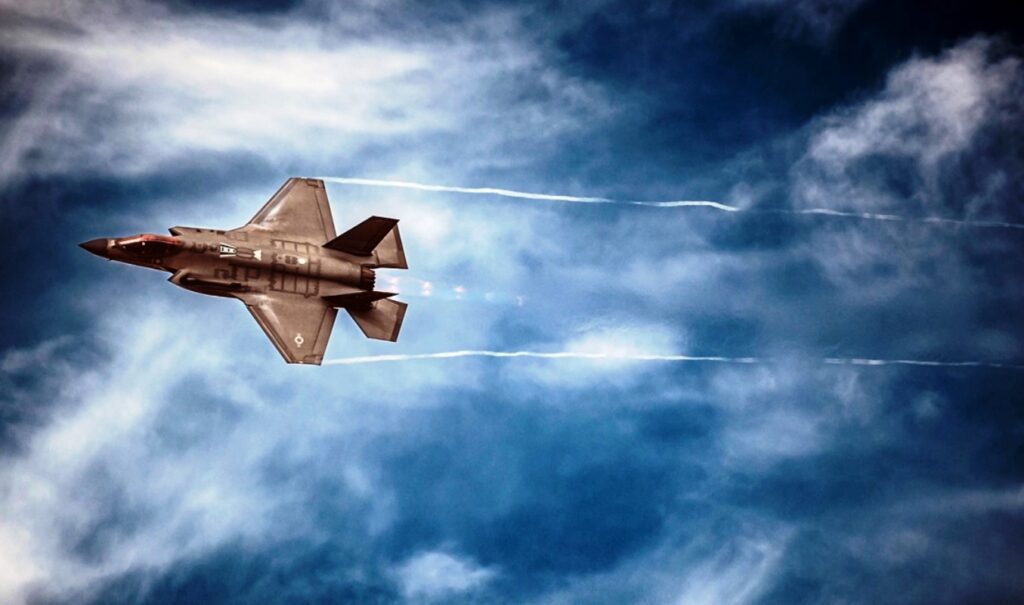A new report from the Turkish think tank SETA sheds light on Ankara’s growing concerns about the enhanced air power of its two main regional “rivals”: Greece and Israel. The acquisition of modern fighter jets such as the Rafale and F-35s, combined with Western alliances, creates a new strategic reality. Turkey recognizes it can no longer rely on outdated systems and is rushing to upgrade its fleet, seeing that air superiority is no longer a given. An undeclared war of deterrence is raging in the skies.
The news that Turkey may acquire Eurofighter jets brought smiles in Ankara, but the leadership understands that these fighters alone are not enough for its aspirations of a leading regional role.
Turkey’s difficult position
One of the neighboring country’s most prominent think tanks, SETA, warns in its late last month report with focus on Israel and Greece that “there are states in the region that pose a challenge” as they “possess air, air defense, and space capabilities that allow them to engage in rhetoric and actions targeting Turkey’s interests. Therefore, Turkey (…) must acquire sufficient quantitative and qualitative capabilities in air, air defense, and space against two simultaneous threats with external support.”
It further notes that “Turkey must be capable of repelling attacks from any potential adversary, including those with stealth technology, and be able to carry the conflict to the attacker’s territory” and that “Turkey must be able to perform self-defense, deterrence, and punishment duties without requiring permission, support, or restrictions from other countries regarding air, air defense, and space supplies.”
The Turkish think tank’s report
In its report, the Turkish think tank notes that Israel and Greece have acquired, with the support of Western alliances and advanced military technologies, a strategic advantage that could undermine Turkey’s security interests, which “cannot rely on outdated systems when facing adversaries equipped with fifth-generation fighters and integrated defense networks.”
“Given that the F-16s Turkey has acquired since 1986 have now reached the end of their operational life, its efforts to purchase new F-16s and Eurofighters, along with modernization kits for existing F-16s, are currently matters of major interest,” it emphasizes.
SETA, beyond immediate procurement of new fighters from third countries, also recommends investments in domestic programs to maintain deterrent capability and strategic independence, while emphasizing that “Turkey’s reintegration into the F-35 program during the transitional period [until the development of the domestic KAAN fighter] would increase its deterrent power and strengthen the alliance system in which it is involved.”
It concludes by noting Turkey’s need to secure air superiority to defend its interests in conflicts within its first and second spheres of influence, setting as a goal the acquisition of a fleet of approximately 500 fighters that would enable multi-front operations.




